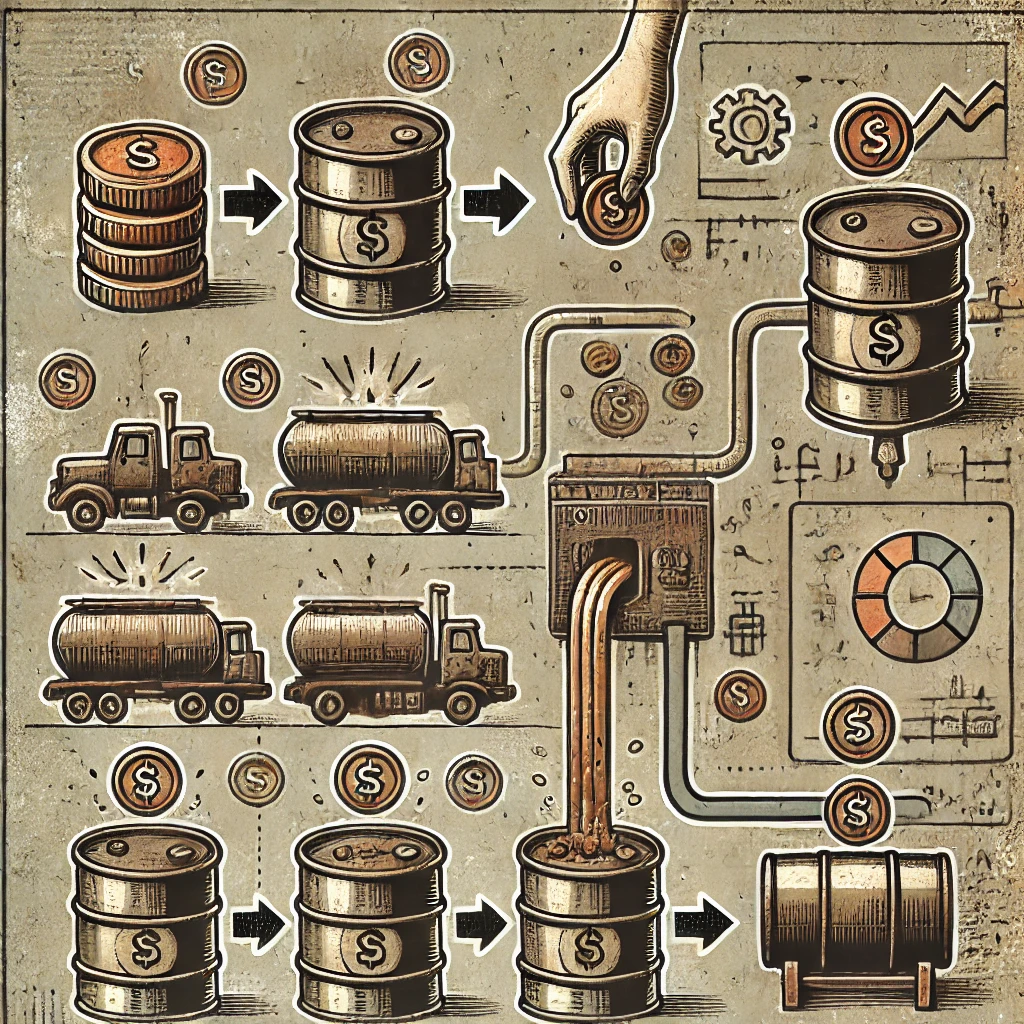In today’s fast-paced world, financial decisions often come with pressing timelines and unexpected curveballs. With rent due dates, medical emergencies, or sudden home repairs, it’s no surprise that many individuals feel overwhelmed. However, creating a proactive financial strategy can provide security during unexpected hardships.
Understanding Financial Strain and Its Triggers
The first step to building financial resilience is recognizing the primary triggers that lead to financial shortfalls. Common culprits include:
- Emergency Expenses – Sudden costs such as medical bills or urgent car repairs.
- Seasonal Spending – Holidays, school tuition, and family celebrations.
- Income Gaps – Instances where income flow is delayed or reduced.
By identifying the root causes, individuals can prepare with tailored solutions rather than reactive borrowing.
Small Habits for Big Financial Gains
Making incremental improvements to daily financial habits is a proven way to avoid dependence on quick fixes. Here are some small but effective habits that can safeguard your financial future:
1. Budget with Purpose
Budgeting is not just about counting pennies; it’s about assigning a purpose to every dollar. Start by categorizing your expenses and prioritizing essentials like housing, groceries, and transportation. Once these are covered, allocate a portion of your income to savings and long-term goals.
2. Emergency Fund Contributions
An emergency fund acts as your financial buffer during turbulent times. Begin by setting a small, achievable savings target—such as $500—and gradually build toward covering three to six months’ worth of expenses. This fund can be your first line of defense during emergencies, reducing your need to search for short-term solutions.
Alternatives to Short-Term Borrowing
When facing unexpected expenses, it’s crucial to explore alternatives to borrowing that come with high interest. Community programs, employer advances, or side gigs are viable options that many overlook.
Example:
A small business owner may encounter temporary cash flow gaps, particularly during off-peak seasons. Instead of resorting to payday loans online, they might consider negotiating flexible terms with suppliers or utilizing business savings set aside for operational hiccups. This approach avoids compounding debt and keeps the business’s finances healthy.
Prioritizing Financial Literacy
Financial literacy plays a pivotal role in making informed money decisions. Online courses, workshops, and financial apps provide accessible ways to boost knowledge. Understanding interest rates, loan structures, and repayment terms empowers individuals to confidently navigate financial choices.
Managing Credit Wisely
Building and maintaining good credit can significantly reduce the need for costly, short-term borrowing. A strong credit score opens the door to more favorable loan terms and credit lines. Here are a few tips for managing credit responsibly:
- Make Timely Payments – Consistent on-time payments improve your score over time.
- Monitor Utilization – Keep your credit usage below 30% of your total limit.
- Avoid Unnecessary Credit Inquiries – Multiple hard inquiries can lower your score.
The Importance of Financial Support Networks
In times of financial uncertainty, many find relief through support networks. Whether it’s family, friends, or peer support groups, having a circle to rely on can prevent impulsive financial decisions. Open communication about financial challenges can also lead to resource-sharing or creative problem-solving.
Conclusion
Avoiding high-interest borrowing solutions requires strategic financial planning and a commitment to making informed decisions. By building an emergency fund, practicing responsible credit usage, and seeking knowledge, individuals can confidently navigate life’s financial ups and downs.
When unexpected situations arise, some may still consider payday loans online due to their convenience. However, by proactively implementing financial safeguards, this option can become a last resort rather than a default choice.
Ultimately, financial resilience is not about having all the answers but about taking intentional steps toward stability. The right habits today can pave the way for a more secure tomorrow.







